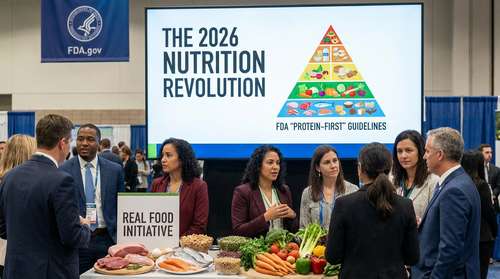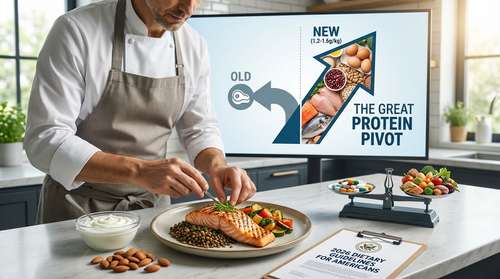According to a study published by the American Journal of Clinical Nutrition, a high consumption of ultra-processed foods (UPF), regardless of the nutrition diet, is associated with biological aging.
This research found that consumption of UPF, including cereals, protein bars, carbonated beverages, ready-meals, and fast food, is on a global rise. These days, UPFs make up over half of the typical American and British diet. A diet consisting of up to 80% UPF is common for some, particularly young people or people with limited resources. What exactly is UPF? Let’s find out.
What are Ultra-Processed Foods (UPFs)?
Ultra-Processed Foods (UPFs) are industrial formulations that include ingredients such as sugar, starch, oil, fat, and protein that are either obtained from food sources or modified starches or hydrogenated fats. Synthesizing them in labs with flavor enhancers, colors, and chemicals makes them even more delicious and addictive.
UPFs include yogurts with added sugar, cereals and bars, pastas, instant noodles, ready-made soups, soda, energy drinks, baked foods, ice cream and frozen desserts, to mention a few.
Why are UPFs Bad for Us?
Nutritional epidemiologist Marialaura Bonaccio remarked: “Besides being nutritionally inadequate, these foods undergo intense industrial processing that actually alters their food matrix…These products are often wrapped in plastic packaging, thus becoming vehicles of substances toxic to the body.”
When we consume ultra-processed foods, which are often heavy in saturated fat, salt, and sugar, we make less space in our diets for healthier options. There are several negative health impacts associated with ultra-processed foods (UPFs), such as an increased risk of cardiovascular disease, obesity, depression, anxiety, strokes, cancer, type 2 diabetes, dementia, heart attacks and early death.
How to Reduce UPF Consumption
While it is not entirely possible or advisable to stop eating UPFs suddenly, here are some practical ways to reduce or balance its consumption.
- Keep an eye out for artificial chemicals, additives, and preservatives by reading nutrition labels.
- Storing food in glass or stainless steel containers rather than plastic ones to avoid harmful compounds.
- Consume fiber-rich foods such as leafy greens.
- Consume foods rich in omega-3 fatty acids and other anti-inflammatory nutrients.
Wrapping Up
It has been proven time and again that making your own meals at home with fresh, whole ingredients is essential to reducing any form of health risks.
An ideal alternative is to consume minimally processed foods such as fresh vegetables, fruits, whole grains, lean proteins. If you are going to consume packaged foods, it should be those with little additional additives like frozen fruits and vegetables, canned beans and seafood, and whole foods in general.
According to Stephen Devries, a preventive cardiologist, you can also consume processed foods in place of UPFs: “They are less refined and generally healthier than their ultra-processed counterparts…Examples of processed foods are whole wheat bread, extra-virgin olive oil and tofu.”




